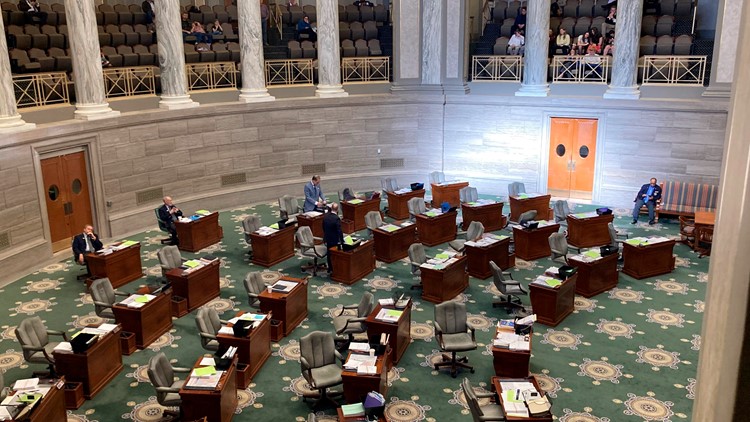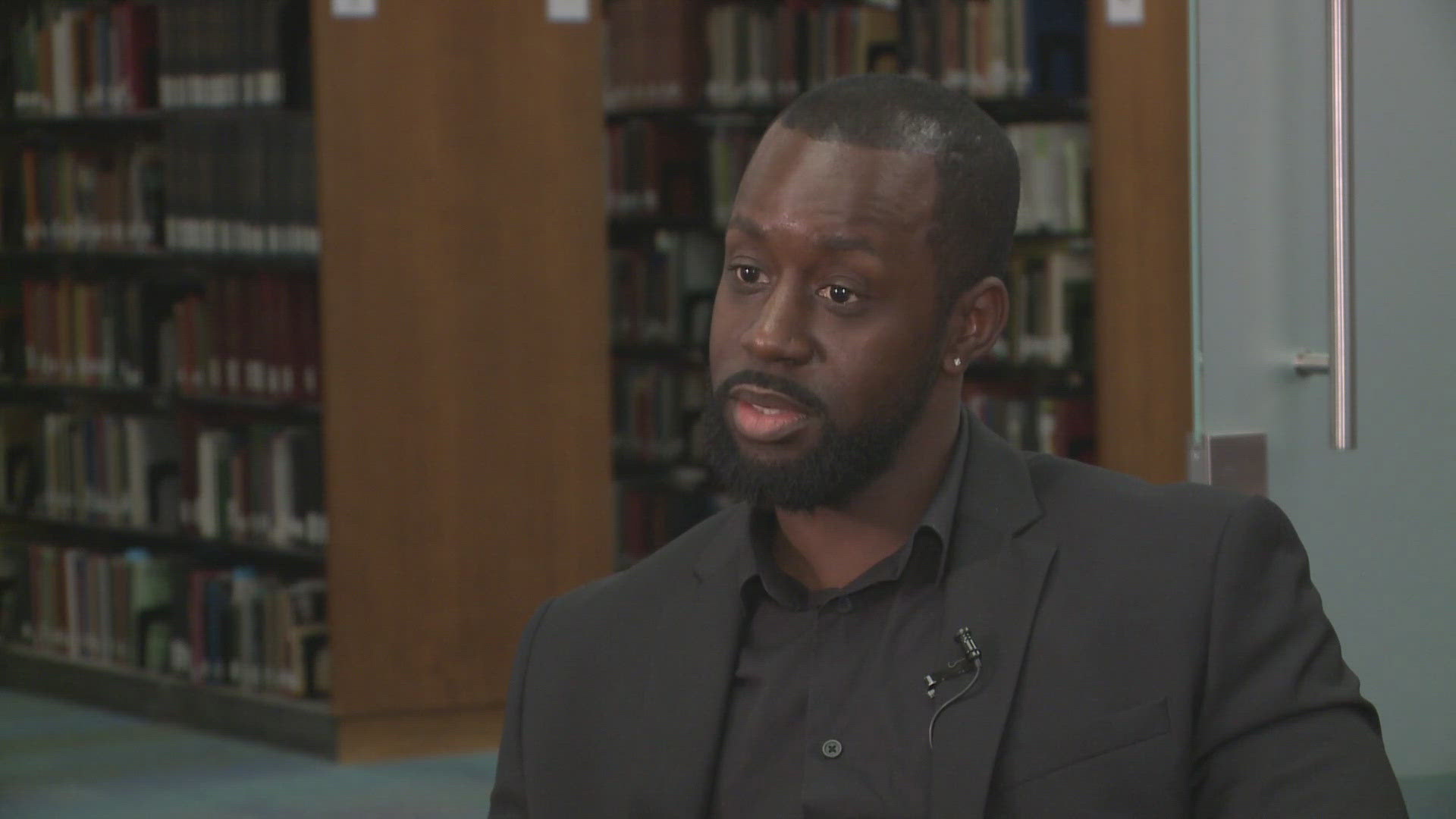JEFFERSON CITY, Mo. — Missouri's Republican-led House on Monday voted down a proposed constitutional amendment for parent control and restrictions on how teachers talk about race and racism.
Lawmakers voted 60-81 to kill the bill, a rarity in the chamber.
The legislation would have enshrined parent rights to direct their children’s public school education in the Missouri Constitution.
Bipartisan critics warned that enacting the proposal would lead to overregulation and micromanaging of public school teachers and said parents and guardians already have the option to homeschool their children.
“You want that much control? Take the control into your own hands, become a teacher yourself and do it yourself,” Democratic Rep. Ashley Aune said. “You have that right.”
Republican Rep. Rudy Veit said legislators should try enacting the sweeping education policy through state law. He argued against adding it to Missouri’s Constitution, a practice that Republicans have disparaged voters for doing through the initiative petition process with increasing frequency.
“If we want to talk about initiative petitions and making them harder to file, we also have to exercise that same restraint,” Veit said.
If enacted by voters, the proposal also would have put constitutional restrictions on how teachers discuss race and racism.
It would ban schools from making teachers and students “adopt, affirm, adhere to or profess ideas" that violate the federal Civil Rights Act, including that “individuals, by virtue of their race, ethnicity, color, or national origin, bear collective guilt and are inherently responsible for actions committed in the past by other members of the same race, ethnicity, color, or national origin.”
The provision is aimed at critical race theory, an academic framework that examines how racism has shaped public policy and institutions such as the legal system, and how those have perpetuated the dominance of white people in society.
While the provision would not have banned discussing critical race theory outright, critics said it would have had a chilling effect and might scare educators away from having difficult discussions about race and American history.
“You do not have a right to dictate my child’s education because you’re uncomfortable with the subject matter,” Aune said.
Supporters of the measure pointed to a provision aimed at protecting teachers who discuss potentially offensive or controversial public policy issues.
“This is not limiting teachers to be able to have a conversation in the class that might be upsetting,” Republican Rep. Doug Richey said.



